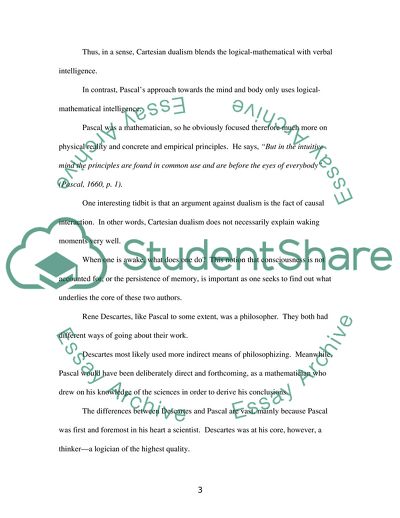Cite this document
(Mind and Body as Conceived by Descartes and Pascal Case Study, n.d.)
Mind and Body as Conceived by Descartes and Pascal Case Study. https://studentshare.org/philosophy/1735051-sue
Mind and Body as Conceived by Descartes and Pascal Case Study. https://studentshare.org/philosophy/1735051-sue
(Mind and Body As Conceived by Descartes and Pascal Case Study)
Mind and Body As Conceived by Descartes and Pascal Case Study. https://studentshare.org/philosophy/1735051-sue.
Mind and Body As Conceived by Descartes and Pascal Case Study. https://studentshare.org/philosophy/1735051-sue.
“Mind and Body As Conceived by Descartes and Pascal Case Study”. https://studentshare.org/philosophy/1735051-sue.


